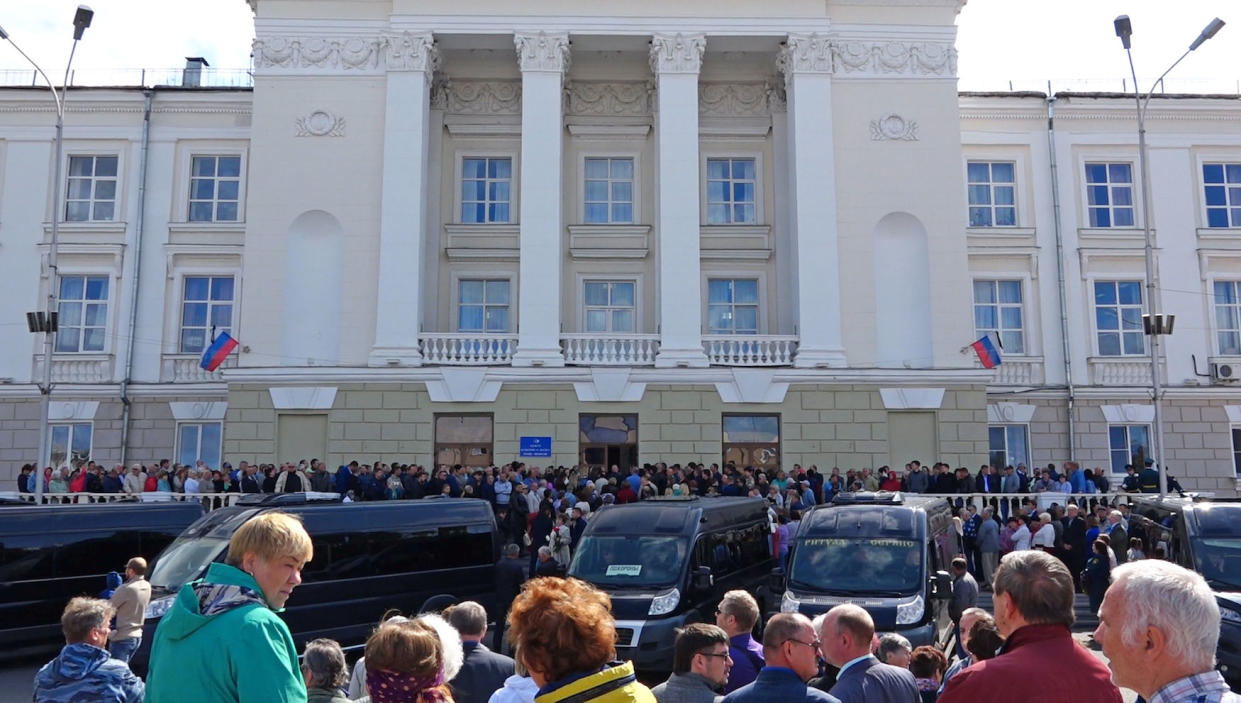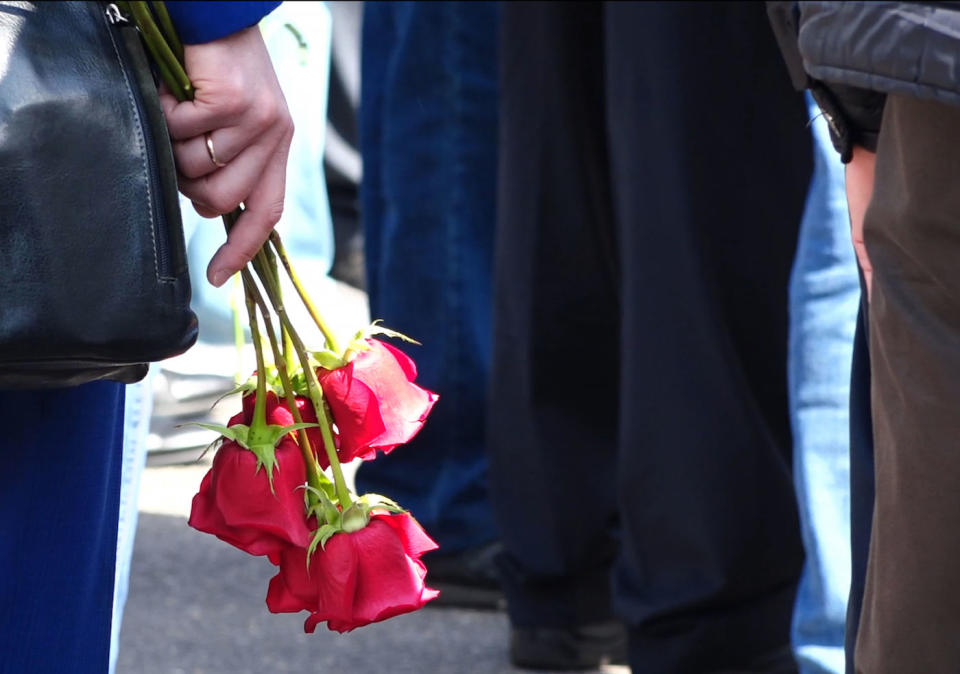Radiation levels in Russia ‘spiked by up to 16 times’ after fatal nuclear rocket test explosion

Radiation levels in Russia rose by up to 16 times after a fatal rocket test explosion that killed five nuclear engineers, it has been reported.
Following the explosion on a sea platform on August 8, radiation levels spiked in the city of Severodvinsk, the TASS news agency reported.
It has been reported that Russian authorities have told people in a village near the site of the explosion to evacuate their homes.
They have been ordered to “leave the territory” after the spike in radiation.
The Interfax news agency quoted authorities as saying: "We have received a notification about the planned activities of the military authorities.
“In this regard, residents of Nyonoksa were asked to leave the territory of the village from August 14.”
About 450 people live in the village of Nyonoksa and they will be evacuated for two hours on Wednesday morning.
Although the Russian defence ministry initially said background radiation remained normal after last Thursday’s incident, city authorities in Severodvinsk said there had been a brief increase.
Greenpeace claimed radiation rose by 20 times its normal level.

Russia’s state weather agency, Rosgidromet, said it believed radiation levels had risen by four to 16 times.
Meanwhile, thousands of people attended the funerals of the five Russian nuclear engineers who were killed by the explosion as they tested a new rocket engine.
The engineers were laid to rest Monday in Sarov, which hosts Russia's main nuclear weapons research centre, where they worked.
The Defense Ministry initially reported that the explosion at the navy's testing range near the village of Nyonoksa in the northwestern Arkhangelsk region killed two people and injured six others.
The state-controlled Rosatom nuclear corporation then said over the weekend that the blast also killed five of its workers and injured three others. It is not clear what the final death toll is.
The company said the victims were on a sea platform testing a rocket engine and were thrown into the sea by the explosion.
Read more
Tesco worker killed himself 'after being sacked for leaving his till to chase shoplifter'
'Wicked and cruel' mother and son who murdered runner over footpath dispute jailed for life
Nigel Farage defends comments on Harry and Meghan's 'irrelevant campaigns'
Rosatom director Alexei Likhachev praised the victims as "true heroes" and "pride of our country."
He said: ”Our further work on new weapons that we will certainly complete will be the best tribute to them.
“We will fulfil the Motherland's orders and fully protect its security."
Rosatom said the explosion occurred while the engineers were testing a "nuclear isotope power source" for a rocket engine.
While, local authorities in nearby Severodvinsk, a city of 183,000, reported a brief spike in radiation levels after the explosion, they said it didn't pose any health hazards.

The Severodvinsk city administration said the radiation level rose to 2 microsieverts per hour for about 30 minutes on Thursday before returning to the area's natural level of 0.1 microsieverts per hour.
Emergency officials issued a warning to all workers to stay indoors and close the windows.
The radiation level of 2 microsieverts per hour is only slightly higher than the natural background radiation, which could vary between 0.1 and 0.4 microsieverts per hour.
It's lower than the cosmic radiation that plane passengers are exposed to on longer haul flights.


